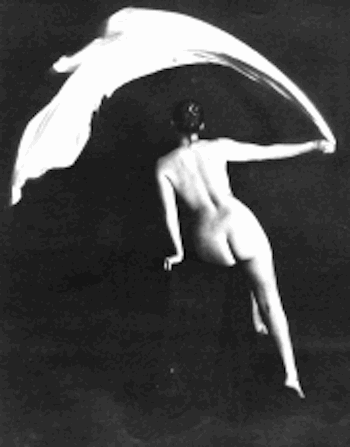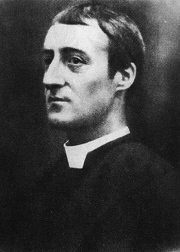Poems
Carolyn Creedon
(Kent State University Press)

She also seems to have problems with mothers (hers) and fathers (hers), old lovers ("I kept wanting to break him"), aging ("She's thirty-six. She's a thousand years old"), being by herself ("She's a woman alone, which is something different / than a woman"), and being in a cold room ("she wants to put her face / inside a waffle iron and plug it in.")
What does Creedon like? If we are to judge from this volume, and several others we've read ... she likes men.
Especially if the manliness quotient is high, and love is at hand, and if there's something special: Gumballs, for instance. Feathers. Making, but not necessarily having, babies.
Twenty years ago, Creedon found an army of fans with an early poem, litany. It got as far as the American poetic equivalent of Billboard's top twenty. It was widely reprinted and, for many of us, it was a classic. I think of it as one of the great love poems of the last decades, right up there with the lusty and exotic (and thrumming) riffs of e. e. cummings.
In it Creedon wrote, and wrote all-lovingly, about Tom. She wanted him to come to her apartment to help put some screws in her daybed(!) I predict that no one, at least no one with heart, will ever forget the passion we all came to have for Tom, and for Creedon. She just wanted to make a sandwich --- a sandwich mind you --- that would forever after come to be known as the "carolyn sandwich." In the 19th Century, poets were made to think of a lover as a rose. Now, because of Creedon, we want to kiss their lips and --- in the process --- not taste the dew but taste the mayonnaise.
Creedon's poetry is free of that wimpy love stuff out of Clara Schumann or Rilke, mountains and trees and pale faces caught in the moonlight. No, it's the stuff of convenience stores, standing at the checkout line where
- I can put my hand in your
back pockets and my lips and nose in your baseball shirt and feel the crook
of your shoulder blade ...
What Creedon has done is to be done with those sourpusses who wanted to lock us into being cool (Eliot, Hardy, Lawrence, Spender, Auden), never wanting to let the cat out of the bag: that being that I can and will love you even if I am a cowgirl and even if you come to me by way of the local appliance store: "Don't let the people at Ace Hardware tell you you need a man / Do pick one up anyway, if he looks red and ripe."
This, from "How to Be a Cowgirl in a Studio Apartment," has precise and often surprising instructions on finding love, at times not unlike instructions that come with your new cell phone or computer or heater, although translated much more artfully, and with a great deal more humanity, because
- A cowgirl needs
nourishment, and some nights, to lie on her back and let something
bloom above her, looming like the stars.
As you have probably guessed, I have been a fan of Creedon's poetry ever since the very early days of this magazine, maybe even since the beginning of time --- and I tell you, she never disappoints. She's changed, but, as the masters tell us, that is what life is all about. Her early love/lust poems are here, right at the beginning, where they belong, but there is a harder edge further in. There are poems on the lives of so many of her companions ... the women who work the tough, dehumanizing American bottom-tier jobs, as "working girls, or "waitresses, or whores,"
- At Silk and White Lace in San Francisco, Carolyn
the madam --- same name, that's why the johns called me Cinnamon,
pleated skirts and plaid sock and shiny mary janes and say
It's My Very First Time.
"I'm not in that trade anymore," she observes, at the end. 
Creedon does have the gift of surprise, and she does so throughout Wet with adventurous turns-of-phrase. Such as seeing children, "unkempt, top-heavy / wild-fronded radishes in a garden that only grows radishes." Or when one of her loves offers her an "antique nightie," she tries it on and "the bodice ripped open with jagged alacrity; out sprang a breast like a starfish all on its own." Or, in tribute to Gerard Manley Hopkins' "Pied Beauty,"
- glory to the little girl with her doll tucked football-style under her arm,
its boy hair crisped sleek in the middle, two like waves meeting each to each...
The poem ends with praise for the glory of being with her love and the "Jesus and Mary industrial candles, lighting up / your sweat-dabbed glorious face."
Oh wouldn't the good and prim Father Hopkins find himself vexed over that turn of phrase, sorely vexed; but, perhaps not so offended with the very last words, en la gloria del espiritu santo.